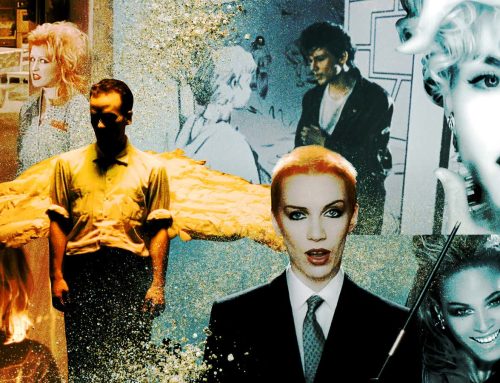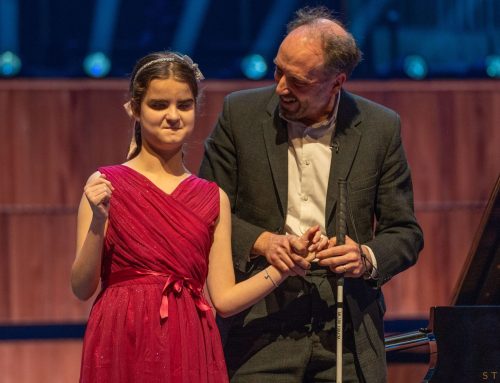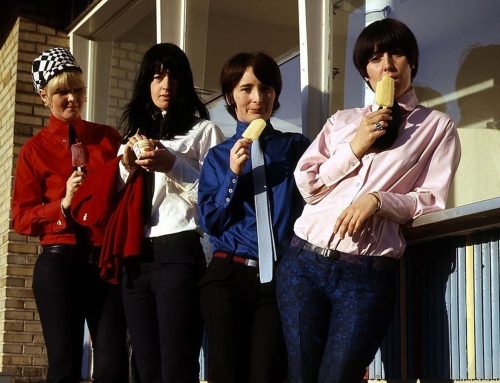Do schools kill creativity?
I have recently expanded my teaching practice to include some younger students, as I found myself with some extra time on my hands. I have always enjoyed teaching, but I was pleasantly surprised by how much I liked working with this new group of learners. However, after a few weeks of teaching them, I encountered a problem that made me question and explore the current state and trends of education. I have been teaching at the university level for 15 years, and I have always felt that there was something wrong with the way education is delivered and assessed. That’s why I was intrigued by this TED talk that I stumbled upon online. It presents some very interesting ideas about how we can rethink and transform education for the better.
The TED talk was by Sir Ken Robinson, an expert on creativity and education. He argued that the current education system is based on an outdated industrial model that stifles creativity and individuality. He said that we need to rethink our approach to education and foster a culture of curiosity, innovation and diversity. He also shared some inspiring examples of schools that are doing things differently and helping students discover their passions and talents.
Very interesting.
If you were to visit education as an alien and say “What’s it for, public education?” I think you’d have to conclude, if you look at the output, who really succeeds by this, who does everything they should, who gets all the brownie points, who are the winners — I think you’d have to conclude the whole purpose of public education throughout the world is to produce university professors. Isn’t it? They’re the people who come out the top. Our education system is redicated on the idea of academic ability. And there’s a reason. Around the world, there were no public systems of education, really, before the 19th century. They all came into being to meet the needs of industrialism. So the hierarchy is rooted on two ideas. Number one, that the most useful subjects for work are at the top. So you were probably steered benignly away from things at school when you were a kid, things you liked, on the grounds you would never get a job doing that. Is that right? “Don’t do music, you’re not going to be a musician; don’t do art, you won’t be an artist.” And the second is academic ability, which has really come to dominate our view of intelligence, because the universities design the system in their image. If you think of it, the whole system of public education around the world is a protracted process of university entrance. And the consequence is that many highly talented, brilliant, creative people think they’re not, because the thing they were good at at school wasn’t valued, or was actually stigmatized. And I think we can’t afford to go on that way.
Kids are not frightened of being wrong. I don’t mean to say that being wrong is the same thing as being creative. What we do know is, if you’re not prepared to be wrong, you’ll never come up with anything original — if you’re not prepared to be wrong. And by the time they get to be adults, most kids have lost that capacity. They have become frightened of being wrong. And we run our companies like this. We stigmatize mistakes. And we’re now running national education systems where mistakes are the worst thing you can make. And the result is that we are educating people out of their creative capacities. Picasso once said this, he said that all children are born artists. The problem is to remain an artist as we grow up. I believe this passionately, that we don’t grow into creativity, we grow out of it. Or rather, we get educated out of it. So why is this?
In the next 30 years, according to UNESCO, more people worldwide will be graduating through education than since the beginning of history. More people. And it’s the combination of all the things we’ve talked about: technology and its transformational effect on work, and demography and the huge explosion in population. Suddenly, degrees aren’t worth anything. Isn’t that true? When I was a student, if you had a degree, you had a job. If you didn’t have a job, it’s because you didn’t want one. But now kids with degrees are often heading home to carry on playing video games, because you need an MA where the previous job required a BA, and now you need a PhD for the other. It’s a process of academic inflation. And it indicates the whole structure of education is shifting beneath our feet. We need to radically rethink our view of intelligence.



